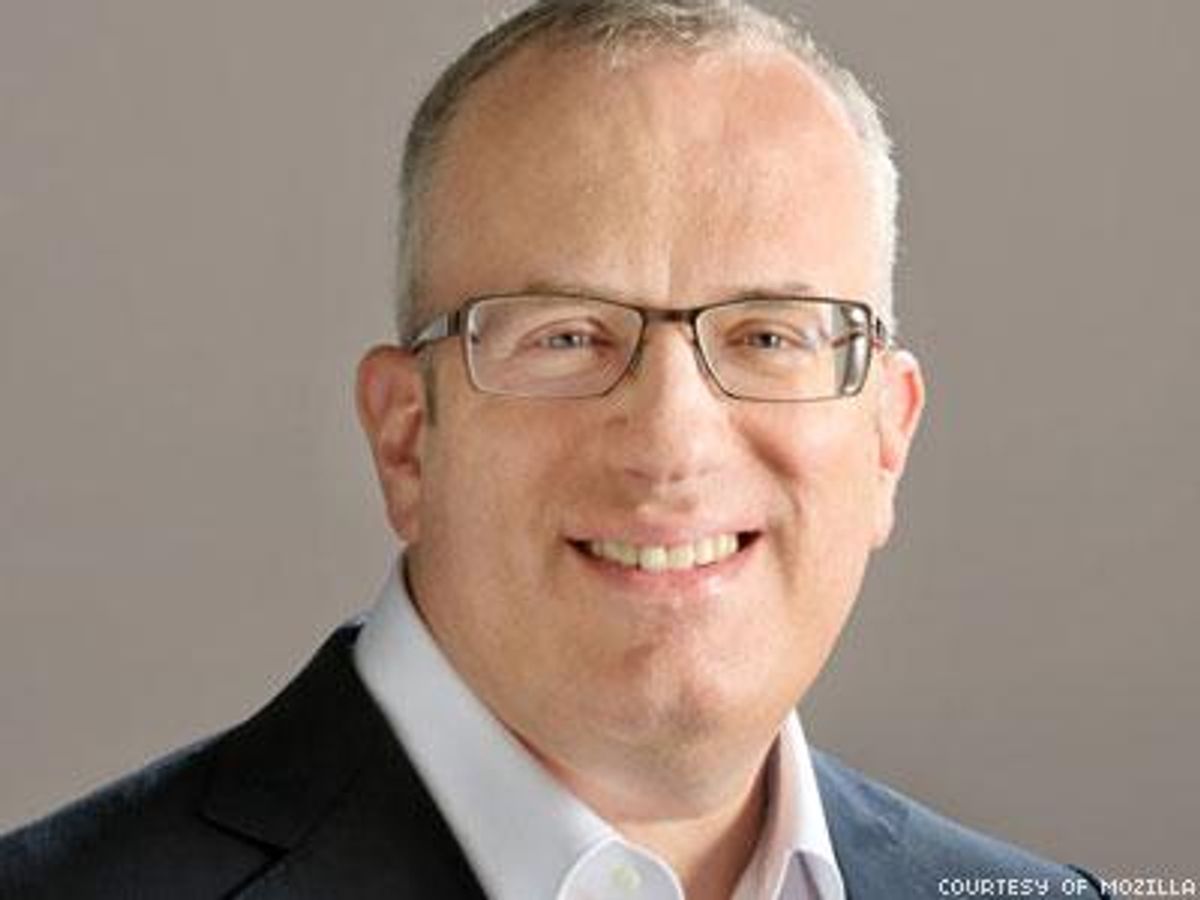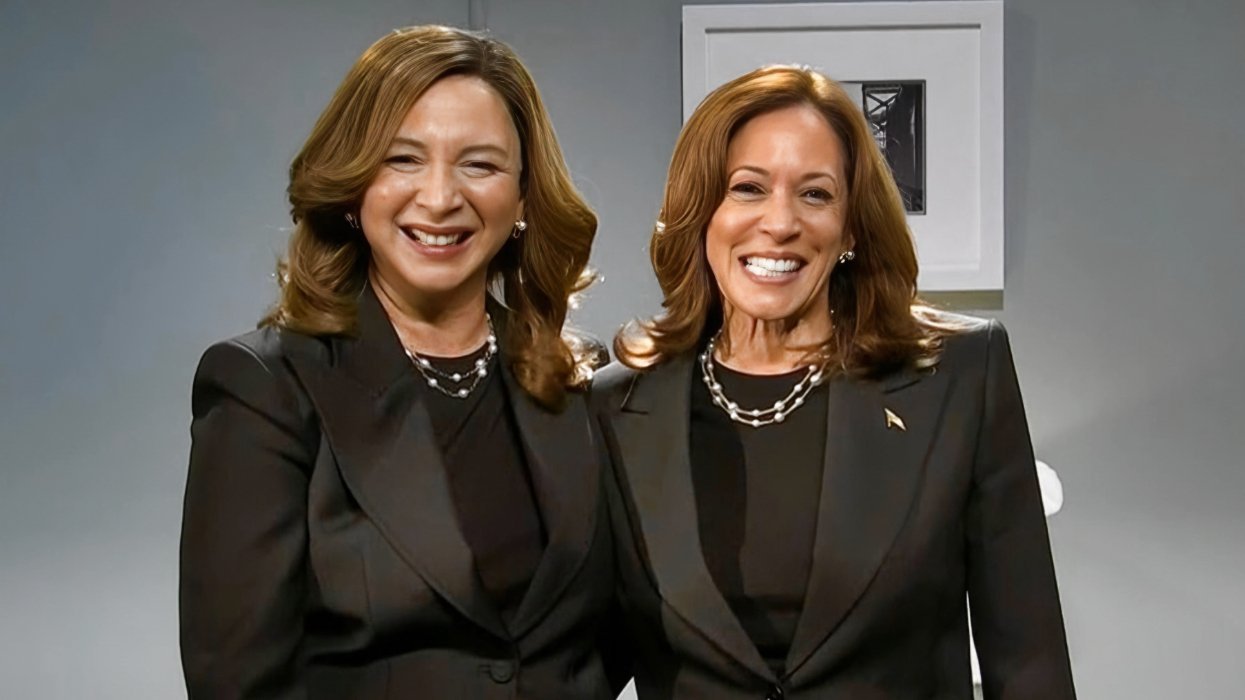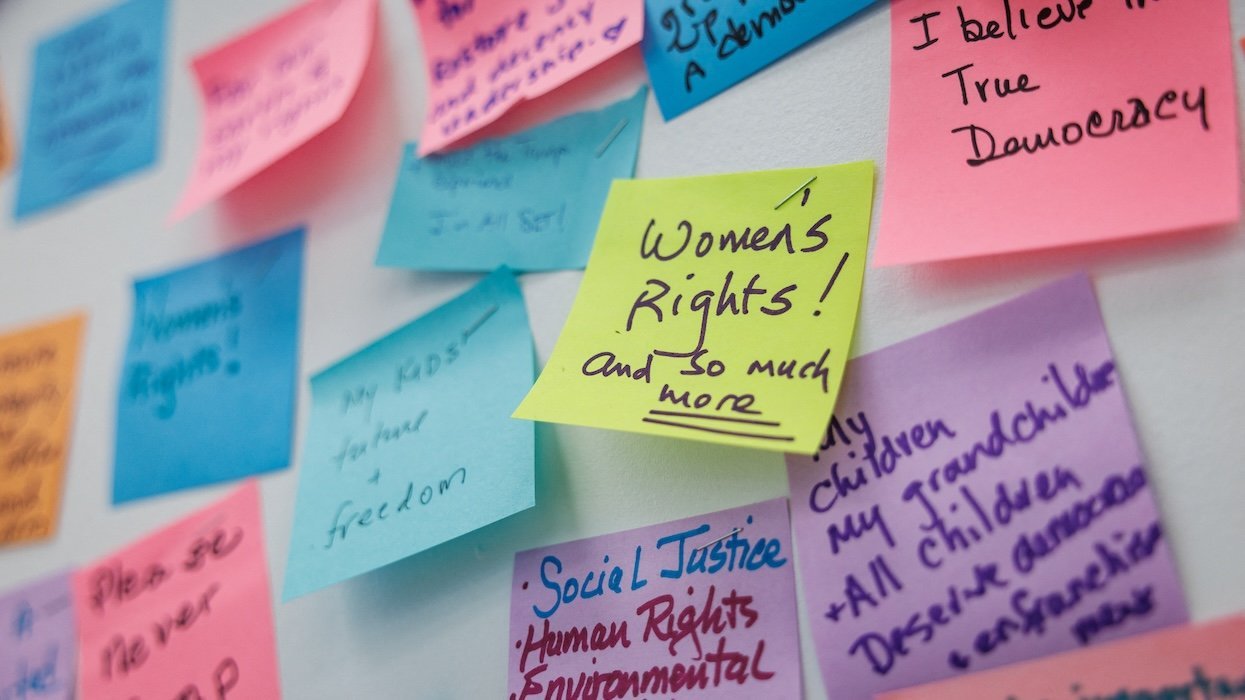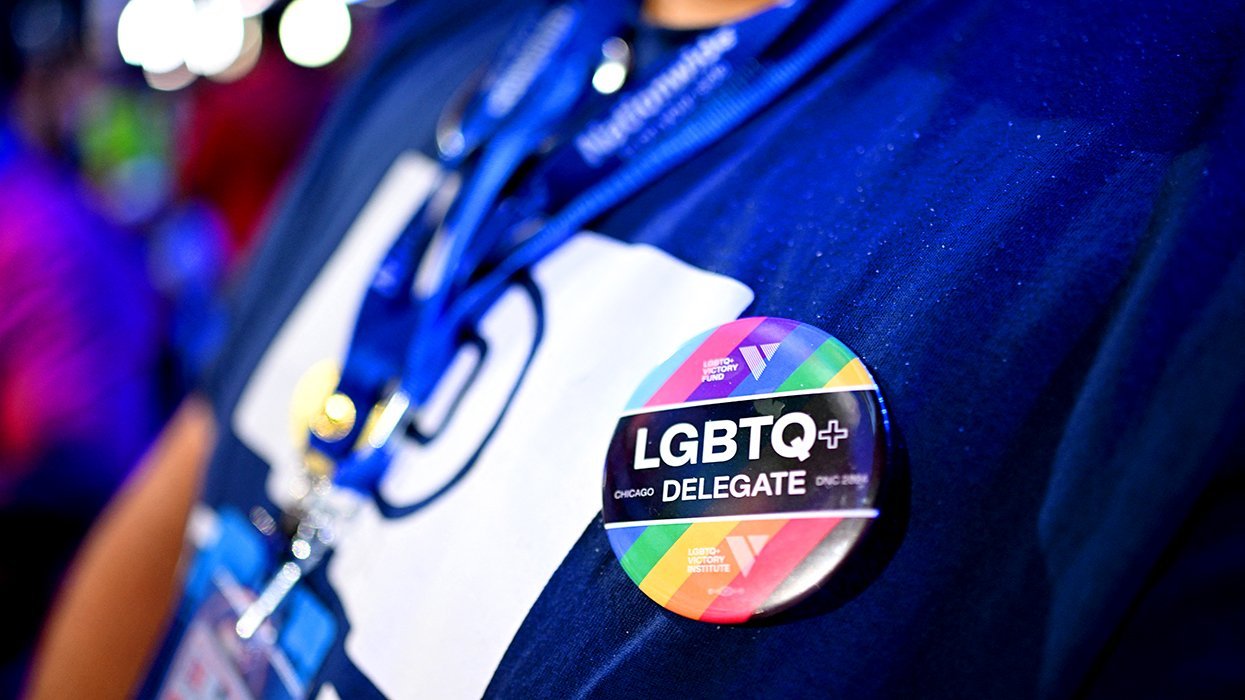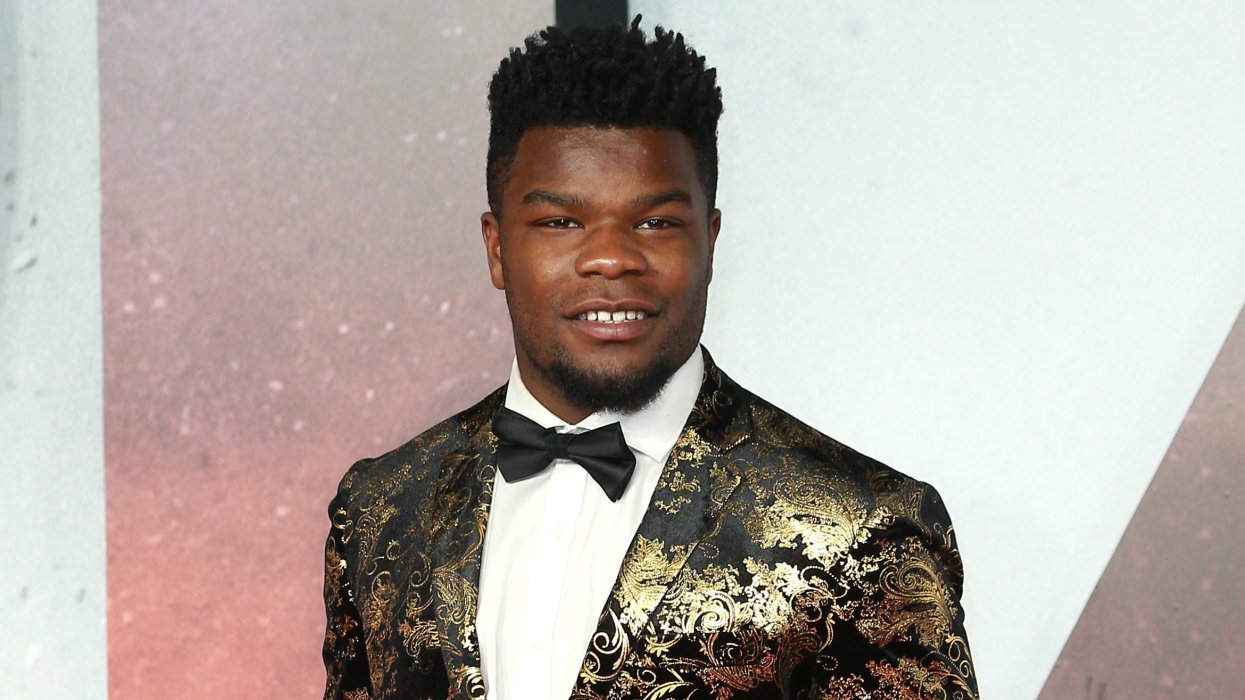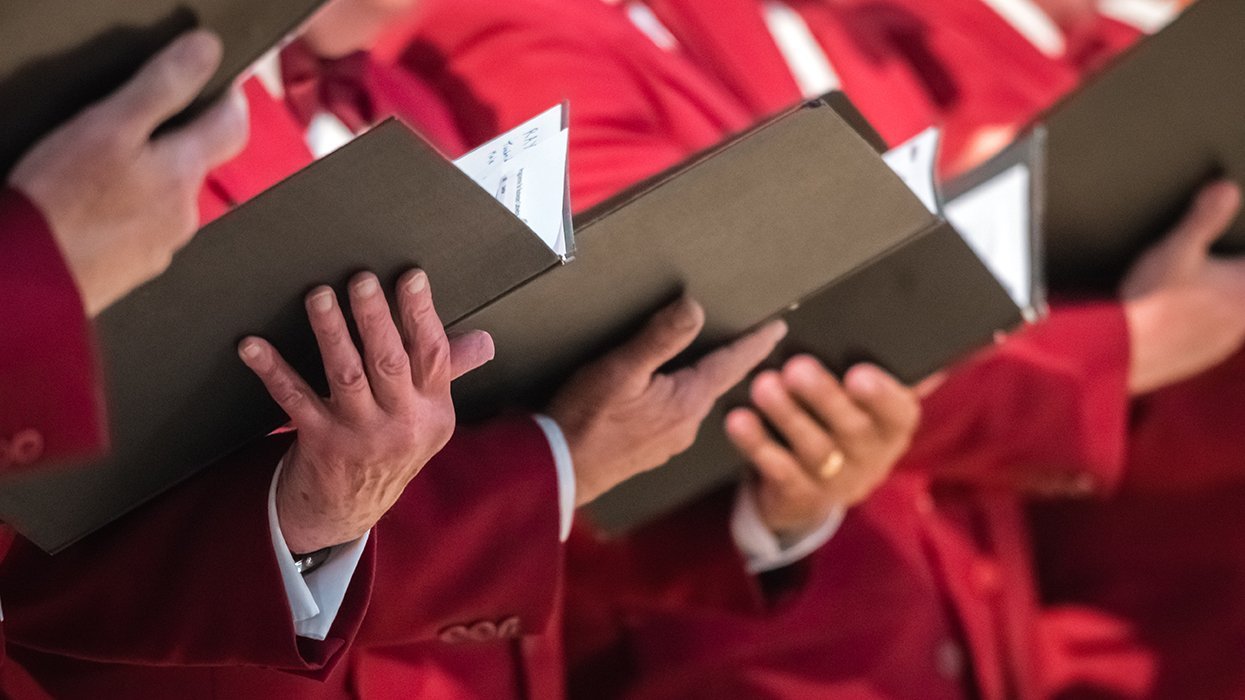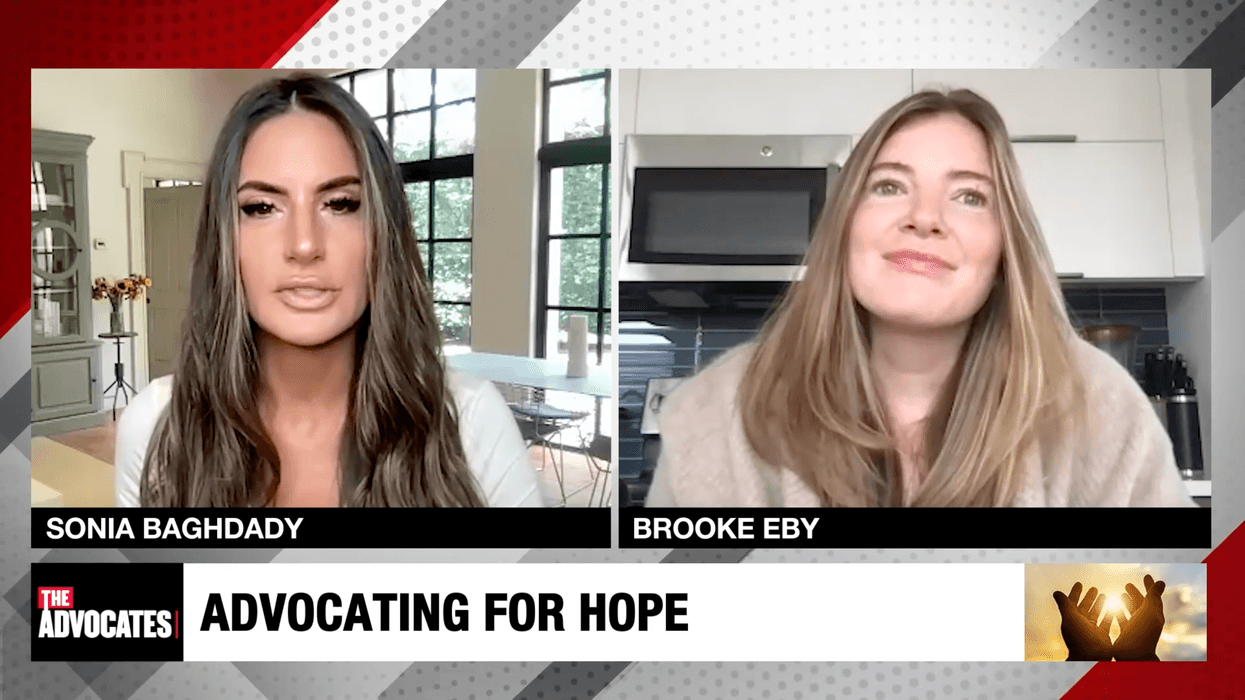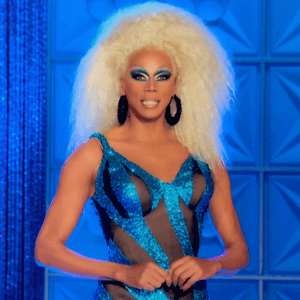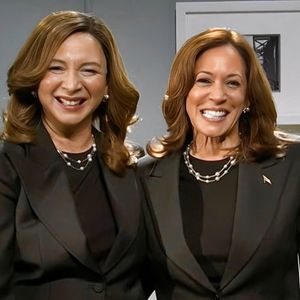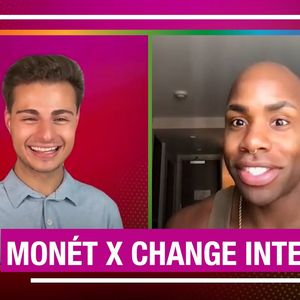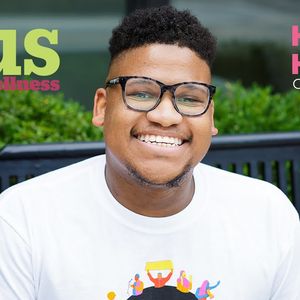Brendan Eich, the newly appointed CEO of technology company Mozilla, directly addressed the controversy surrounding his $1,000 donation to the 2008 campaign to pass California's Proposition 8 in the first interview he's given since LGBT coders and allies called for a boycott of Mozilla's Web browser, Firefox, late last month.
In a lengthy conversation with CNET, Eich refused to say whether he still opposes marriage equality or whether he would support a campaign like Prop. 8 that sought to make same-sex marriage illegal.
When pressed about his views on marriage equality, Eich balked. "I prefer not to talk about my beliefs," he said. "One of the things about my principles of inclusiveness is not just that you leave it at the door, but that you don't require others to put targets on themselves by labeling their beliefs, because that will present problems and will be seen as divisive."
Eich did acknowledge that he was concerned that his Prop. 8 support, first reported in the Los Angeles Times in 2012, could become an issue in his new role, but said he didn't expect it to become the dominant issue in the first weeks of his leadership at the company he cofounded.
"I wasn't sure [if the donation would still be an issue]," he said. "There were a lot of other considerations getting me to be CEO. I think I'm a good fit for it. I'm doing a great job at it. It's important to look beyond the particulars. Mozilla has always worked according to principles of inclusiveness. It may be challenging for a CEO, but everyone in our community can have different beliefs about all sorts of things that may be in conflict. They leave them at the door when they come to work on the Mozilla mission."
Eich repeatedly returned to Mozilla's mission, which he sees as creating and supporting user-driven technology services and being a fundamental supporter of open-source products, stressing that Mozilla's inclusive mantra must extend to users, employees, partners, and executives across the ideological spectrum. In several instances, he cited a group of Indonesian programmers who he said support him professionally and personally and tend to line up with his personal ideology.
"We have a strong Indonesian community," explained Eich, noting that Mozilla is working to roll out a Firefox operating system in the country. "I have people there on the other side of this particular issue. They don't bring it into Mozilla when they work in the Mozilla community. ... They don't have quite the megaphone in that part of the world. But the Mozilla mission and our inclusiveness principles really must matter to include them too."
While Eich continues to dodge the question of his support for or opposition to marriage equality, Mozilla as a company has made its support clear with a series of statements expressing the foundation's unequivocal support for the freedom to marry, repeatedly pointing to the company's LGBT-inclusive benefits. Eich also frequently points to the company's inclusive community guidelines and benefits -- which do include trans-inclusive health insurance -- as evidence that regardless of the personal beliefs of its CEO, Mozilla is committed to equality, diversity, and inclusion.
LGBT employees within Mozilla have also turned to personal blogs to share their inside perspective. Erin Kissane, who lists herself as a queer woman working at the Mozilla Foundation, the parent company to the Mozilla Corp., says the conversation around Eich's Prop. 8 donation and the importance of the ideological views of a company's CEO has been "encouraging ... both within Mozilla and in the larger tech community."
"At every turn, I have been heartened by the degree of passion and care that have been apparent as colleague after colleague steps forward to express nuanced opinions, and by the commitment to equality and fairness that runs through the group like the stitches in the binding of a book," Kissane continued in Monday's post on her blog. "The decision to appoint Brendan as the Mozilla Corporation's CEO is unquestionably distressing to me, and I can't help but be concerned with the effect it has on the entire Mozilla community. What is a lot harder is figuring out what to do next."
Some companies have decided that "what to do next" is to take active steps to dissuade users from utilizing Firefox, Mozilla's Web browser, which is often cited as the world's second most popular. That's the direction online dating site OKCupid went when it installed a "warning" message that appears anytime a user tries to access the site using Firefox, encouraging the user to use another browser whose CEO doesn't oppose equality. Progressive PR firm FitzGibbon Media followed suit on Tuesday, encouraging users who visited the firm's site to drop Firefox.
Another Mozilla employee who identifies herself as a queer woman, Christine Koehler, took a nuanced stance on why she was disappointed about Eich's donation but also unwilling to let his appointment to CEO negatively affect her relationship with a company that she feels has been supportive.
"To be clear, I'm personally disappointed about Brendan's donation," Koehler wrote on her blog last week. "However, aside from how it affected me emotionally, I have nothing to indicate that it's materially hurt my work within the Mozilla community or as a Mozilla employee. ... Progress might be slow, but it's being made. And I don't see Brendan standing in the way of that. Certainly it would be problematic if Brendan's behavior within Mozilla was explicitly discriminatory, or implicitly so in the form of repeated microagressions. I haven't personally seen this (although to be clear, I was not part of Brendan's reporting structure until today). To the contrary, over the years I have watched Brendan be an ally in many areas and bring clarity and leadership when needed."
Mozilla's head of development, Geoffrey MacDougall -- who mentions his wife and children on his blog's "About Me" section -- summarized the conflict inside Mozilla in a poignant blog post Friday. What's happening inside Mozilla, he writes, "is not a conversation about inclusion. That was settled long ago."
MacDougall continues:
"It's also not a conversation about quality of life and the culture of the workplace. I'll let my colleagues speak for themselves.
"So if it's not about the applied and the tangible, it's about the symbolic and the intangible.
"Our conversation is about rights.
"Specifically, two rights: Equality and Free Speech. And which one this is.
"The free speech argument is that we have no right to force anyone to think anything. We have no right to prevent people from pursuing their lives based on their beliefs. That what matters is their actions. And as long as they act in the best interests of the mission, as long as they don't impose their beliefs on those around them, they are welcome.
"The equality argument is that this isn't a matter of speech. That believing that 1/n of us aren't entitled to the same rights as the rest of us isn't a 'belief'. That the right to speech is only truly universal if everyone is equal, first.
"Both sides are well represented inside Mozilla. Often by the same, conflicted people.
"Our current situation is forcing us to choose between them.
"And that sucks more than most of us can express in words. And we're desperately trying to find a path forward that doesn't wreck this beautiful thing we've built."
